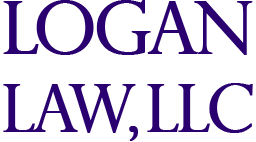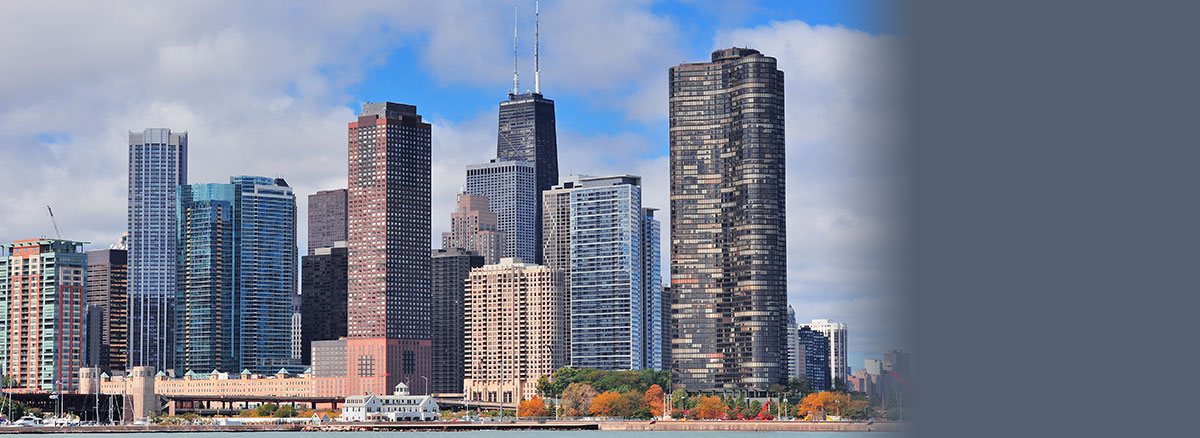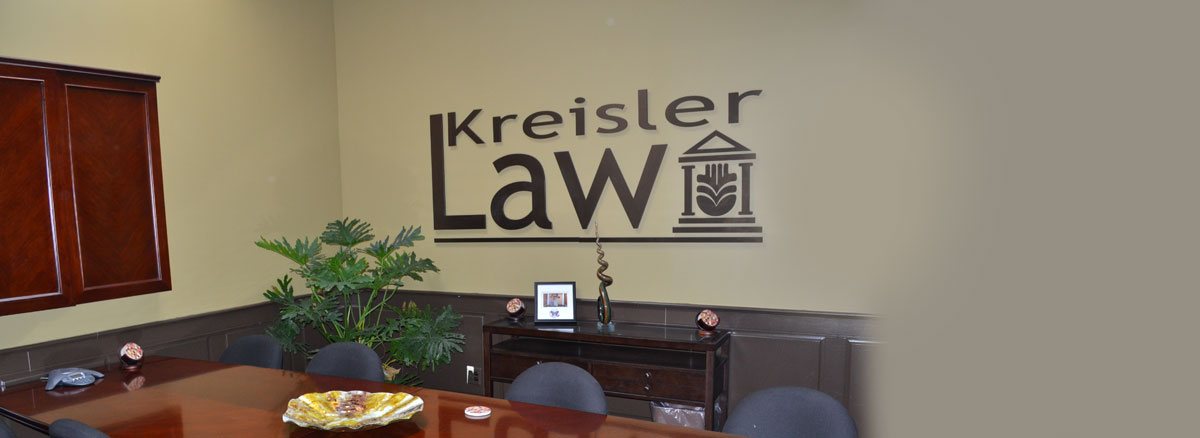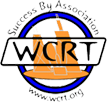
Posts Tagged ‘disclosure’
When Must a Chicago Landlord Disclose Building Code Violations to a Tenant
The Chicago Residential Landlord and Tenant Ordinance (RLTO) requires that a Chicago Landlord in a non-owner occupied building or in an owner-occupied building of more than six units must notify a prospective tenant in writing of any code violations in the building which have been cited during the previous 12 months and of any pending code enforcement proceedings. The same disclosure must be made in writing when the lease is renewed.
However, a recent Illinois appellate court case created and exception where rather than entering a new written renewal lease, the tenant simply continued to occupy the apartment after expiration of the initial lease. Under Illinois law, this situation created what is called a “month to month tenancy”. The recent appellate decision held that a month to month tenancy does not constitute a “renewal” for purposes of RLTO and thus no code violation notice is required.
Feel free to contact an experienced Illinois landlord attorney at Logan Law, LLC if you have questions about RLTO or any other area of the laws governing landlords and tenants.
New TRID Requirements are Delaying Residential Real Estate Closings
The new TILA-RESPA Integrated Disclosure (TRID) Rule went into effect October 1, 2015 and is already delaying residential real estate closings. TRID requires loan documentation consisting of two new forms: the Loan Estimate and the Closing Disclosure to ensure compliance. These new forms consolidate the TILA-RESPA forms and are meant to give consumers more time to review the total costs of their mortgage.
The Loan Estimate is due to consumers three days after they apply for a loan, and the Closing Disclosure is due to them three days before closing. However, the three day rule is only applicable if the disclosure is delivered personally. If the disclosure is delivered any other way, the Rule “deems” the disclosure was made three business days later, making the disclosure period six or more days before the closing.
Because there are huge potential penalties to mortgage lenders if they do not make the required disclosures on a timely basis, mortgage lenders are interpreting the new rules very conservatively and are adding additional days for the disclosures as a cushion. Thus, rather than using three days before closing as a cutoff, the cutoff for a particular transaction might be 7 – 10 days or more.
Feel free to contact an Illinois attorney experienced in handling all aspects of real estate closings for both buyers and sellers at Logan Law, LLC if you have questions about sale of your Chicago area real estate or any other area of the laws governing the purchase or sale of real estate.
Real Estate Sellers Must Disclose Known Defects
Sellers of Illinois properties improved with one to four residential dwelling units are required to disclose to buyers any knowledge they have of building defects. The Illinois Real Property Disclosure Act requires sellers to complete, execute and deliver a residential Real Property Disclosure Report before any contract to sell real estate is executed.
The Disclosure Report requires Illinois real estate sellers to disclose any knowledge they have of any building defects, including but not limited to flooding, recurring leakage, defects in basements roofs, foundations, plumbing or electrical problems as well as defects in the heating, ventilation or air conditioning systems. If prior to closing the real estate, the seller becomes aware that the Disclosure Report is in any respect inaccurate, the seller has a duty to supplement the Report in writing.
An Illinois real estate seller is not liable for errors, omissions or inaccuracies in the real estate Disclosure Report if the seller had no knowledge of the inaccuracy, reasonably believed the defect had been corrected or if the inaccuracy was based upon information furnished by a public agency, licensed professional or by a competent contractor which relied upon by the seller.
Feel free to contact an Illinois attorney experienced in handling all aspects of representing real estate sellers in Chicago area real estate closings at Logan Law, LLC, if you have questions about sale of your Chicago area real estate or any other area of the laws governing the purchase or sale of real estate.








